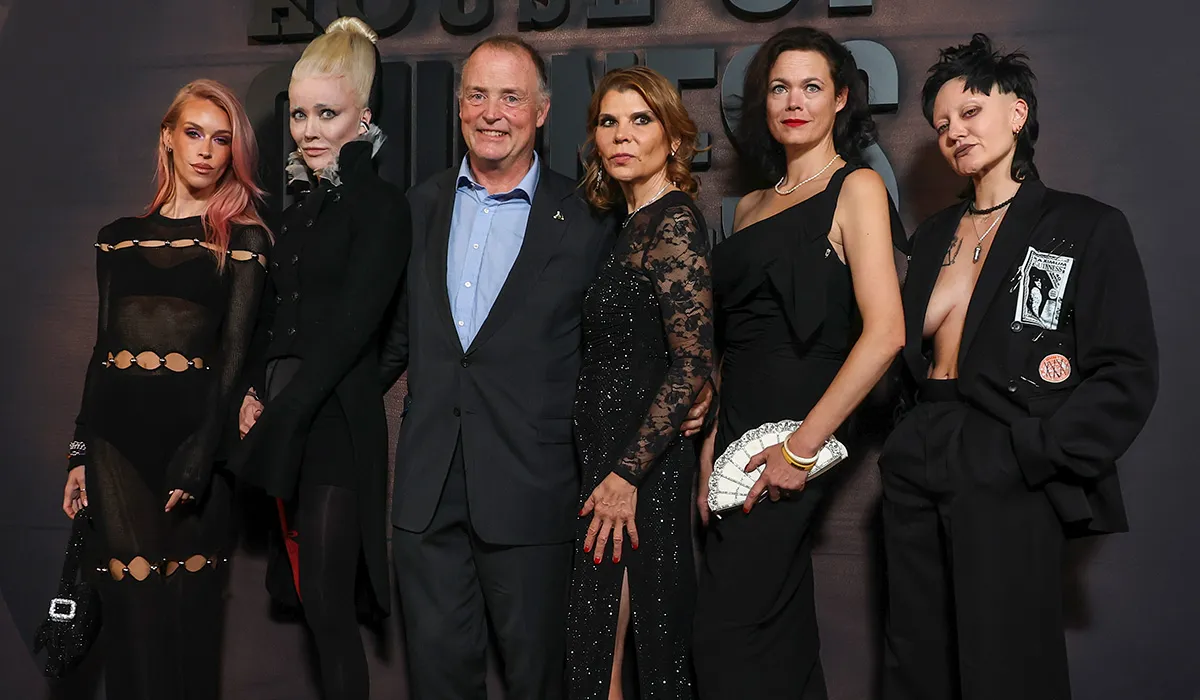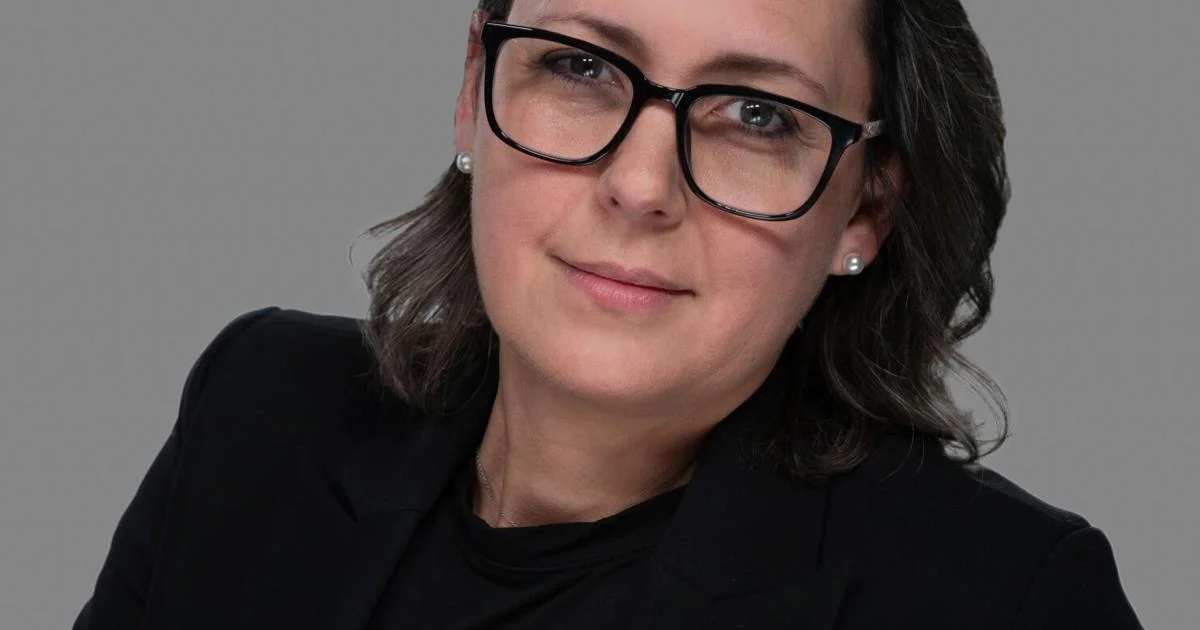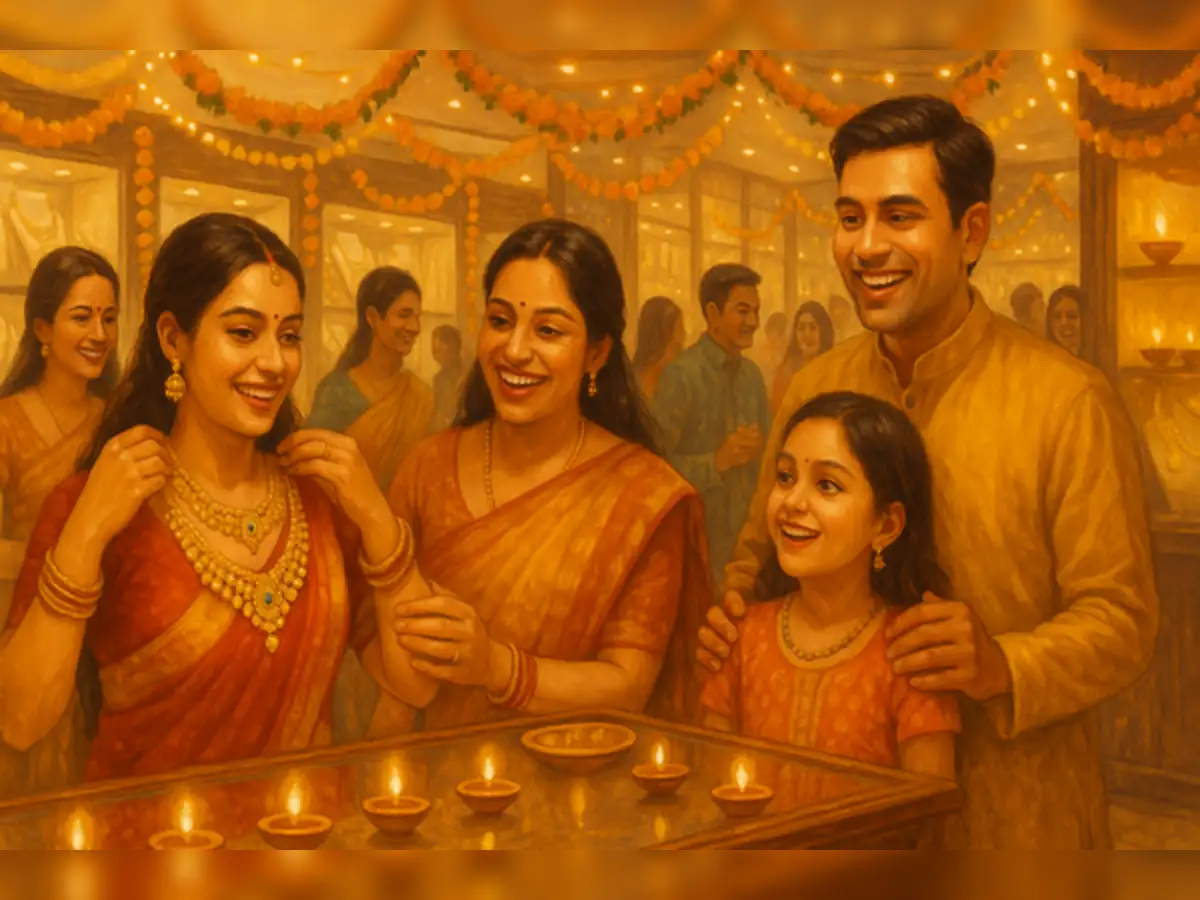Copyright evoke

At the launch of his book, Guinness A Family Succession in Iveagh House (now the Department of Foreign Affairs) this week, Viscount Elveden, Lord Iveagh aka Arthur Edward Guinness must have felt very at home. Not only is he the great-great-great-great-great grandson of the original Arthur Guinness but the lavish building was a Guinness family home for generations and the manifestation of the family’s status as a social and economic force in Dublin city. Indeed, only a Guinness could have obtained permission to hold an event in such an important government building, because they bequeathed the building to the Irish State in the Thirties. Benjamin Lee Guinnness bought 80 and 81 St Stephen’s Green in the 1850s as the bricks and mortar expression of his social ambitions for his family. He already owned an estate at St Annes in Clontarf, but the mansion on Stephen’s Green was a truly impressive townhouse that asserted the Guinness clan’s arrival at the top of Dublin society. It was also within walking distance of the brewery in James’ Gate. At the launch there was a mix of politicians, including ex Taoisigh, Bertie Ahern and Enda Kenny, celebrity faces like Michael Flatley, and a cast of various Guinness relatives to celebrate the title by Lord Iveagh and co-writer, Antonia Hart. The scope of the attendees also reflected the enduring attraction of the Guinness name, which has a unique status in its home city. The arrival of Netflix’s new series House of Guinness on screen this week has also piqued interest in the brewing dynasty’s colourful history. When reflecting on the event, the 4th Viscount Elveden, who prefers to be called Ned, described it as ‘A great crowd – a lovely mixture: Dublin at its best’ while also observing that ‘the pints were delicious.’ Diageo had fittingly supplied Guinness on tap for the celebrations. ‘It was lovely to have a Guinness family swansong, as it were, as well,’ Ned added. When asked about his motivation in writing the family history now, Ned reveals it has been on his mind for a long time. The basis of his book is a privately commissioned work by George Martelli – A Man of His Time, which was written over 70 years ago for the Guinness family. ‘It had been with me for years,’ Ned admits, so when circumstances allowed the project to come to fruition, he was delighted. The tale of the rise of the Guinness clan from a small humble brewery in Co Kildare started with £100 seed capital, to becoming the largest brewery in the world in the 1880s is fascinating and conveyed in an easy style that spans multiple generations, while set against a wider context of often tumultuous times. For Ned, his famous surname is just his name, and he is disarmingly low-key about being a member of such an illustrious family. ‘Obviously, it’s not something that I think of very much because you get born into a family, whatever it is, and you know you’re just there. You’re not thinking about it. 'I suppose there’s a thing of they were good people and there were plenty of mistakes made and things, but we all make errors of judgement and close-run calls but net we were good, and the most challenging thing about it was to choose what book from the hundreds you could write, it was all about,’ he laughs. ‘Being a Guinness is normal to me – it’s just normal. And apart from say passports at the airport, frankly when an eyebrow gets raised or whatever, you know in a lovely comment or something, it’s not something that really features because it’s just normal and we’re all normal,’ he stresses. Ned’s reticence about his illustrious name reflects his modest personality but being a Guinness involves a pretty remarkable lineage. Famous members of the family have included famous brewers, bankers and clergymen, Garech de Brùn of Claddagh Records, his brother Tara who was a friend of The Rolling Stones, the Glorious Guinness Girls (socialites Aileen, Maura and Oonagh), Desmond Guinness of the Irish Georgian Society (who was the son of Bryan Guinness and Diana Mitford), Daphne Guinness the fashion muse and Jasmine Guinness the model. The family has embraced numerous creative, eccentric, and brilliant people with members of the current generation attending the Netflix launch in London, also this week. On watching the first two episode of the show, Ned reveals, ‘It was surreal. They made it very clear that it was fiction based on fact. I wouldn’t really want to say too much, other than that. It was surreal.' While a little tight-lipped on the TV show, one subject that Ned is very happy to discuss is the philanthropy of the Guinness family and its impact on Dublin via initiatives like their donation of St Stephen’s Green to the city as a public park and the creation of the Iveagh Trust. Dublin in the latter years of the 19th century was a city in decline with the southwestern corner particularly poor. The Famine had a devastating impact, and the Parish of St. Bridget, in the Liberties, had witnessed an influx of poverty-stricken country people seeking work and lodgings. Edward Cecil Guinness, Ned’s great great grandfather was appalled at the conditions in this part of Dublin and together with his friend, Lord Rowton, who was equally concerned about impoverished living conditions in parts of London, established a major philanthropic housing trust, the Iveagh Trust. Sir Edward donated £250,000 ‘for the amelioration of the condition of the poor labouring classes’ of London and Dublin, through the provision of structurally sound, clean, and affordable housing with £200,000 allocated to London, and the remaining £50,000 to Dublin. Ultimately, however, Sir Edward would invest an amount considerably greater than the original gift for the Dublin and London funds combined. It is not surprising then that when asked to identify an ancestor whom he particularly admires that Ned should choose, Edward Cecil who was also known as Ned within the family. ‘In truth, Edward Cecil was extraordinary, the third brother of the younger brother of Arthur (who gave the Green to the Nation). Obviously, he’s the one who sort of shaped my life, mostly because of his place Elveden in Suffolk (the estate where Ned now lives), and he instigated a (stock market) flotation which was remarkable in its day. 'The shares were over-subscribed exponentially and he kept control of the company when he sold most of it, he kept managerial chairmanship,’ he elaborates. That flotation also made Edward Cecil the richest man in Ireland at the time. Today Ned is deeply involved with the Iveagh Trust. He explains that ‘it is the fastest growing housing provider in the Leinster area’ today. According to the Trust they have provided 1860 homes in Dublin. ‘It's communities that manage the communities: it’s not the management. It’s that sense of pride in one’s location not kind of who owns what and what our rights are: it’s about community spiritedness if we get anything right, and I think we do,’ he says. Re housing on a wider level as a country, he admits, ‘We are failing – the whole generation with lack of accessibility or affordability. I mean there’s a chronic issue.’ The Guinness involvement with public housing is ongoing with the Iveagh Trust involved in new units in Ballymore’s Seaview in Bray and other projects in partnership with local authorities and central government. ‘It’s one heck of a thing and something to be proud of,’ Ned says. He is keenly aware of the homelessness crisis and also mentions the work of the Trust in its Iveagh Hostel which provides rooms for up to 195 people along with three hot meals a day. He also highlights the Alice Leahy Trust which operates from an Iveagh Trust building in Bride Street which has provided washing facilities, meals, and new clean clothes to clients for fifty years. For Ned (whose sons Rupert and Arthur have represented Ireland internationally at skiing), despite his English home, he is resolutely Irish, ‘I would always say I’m not Anglo Irish - I’m Irish,’ he asserts. Today, he still keeps a house in the Liberties, and no doubt can smell the pungent aroma of the hops from the brewery as he makes his way home. Perhaps he can imagine too the ghosts of his ancestors in the neighbourhood and how they would approve of his ongoing commitment to their philanthropic legacy.



